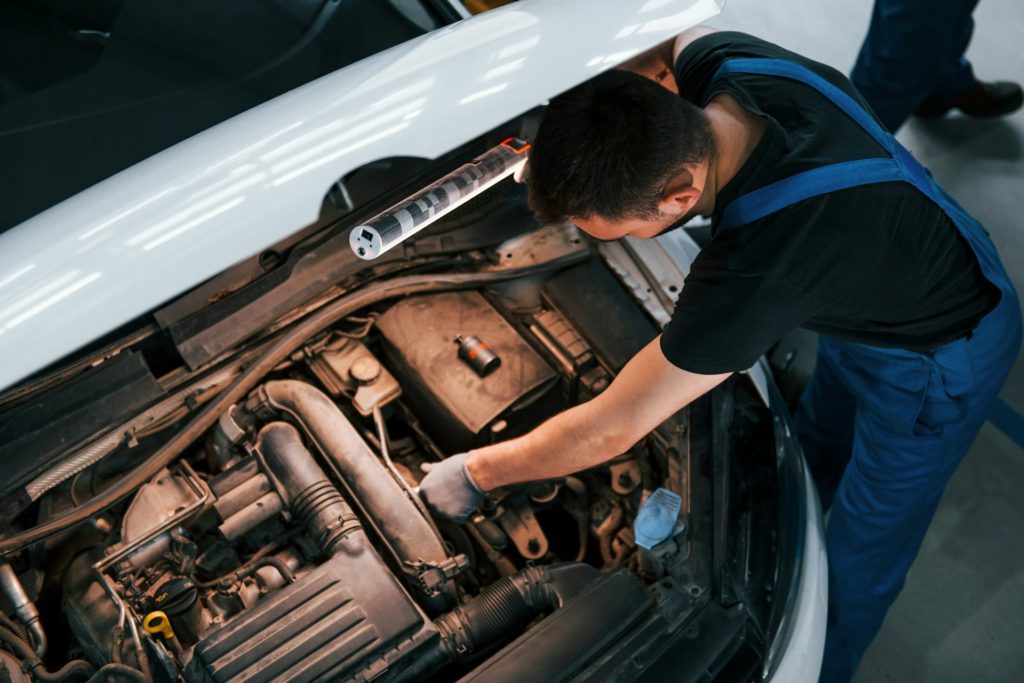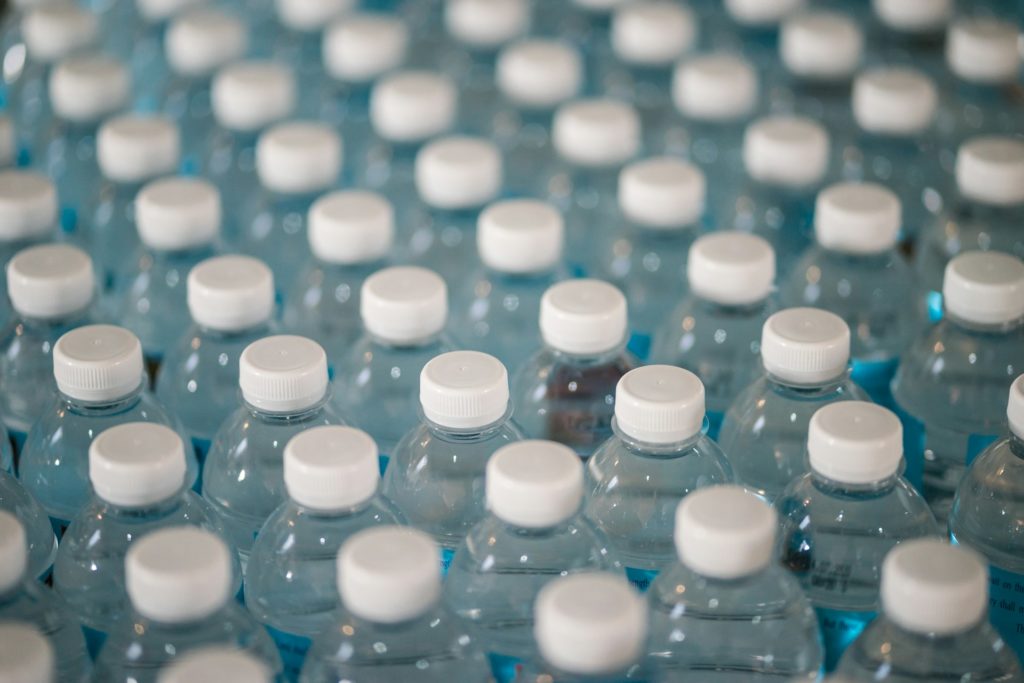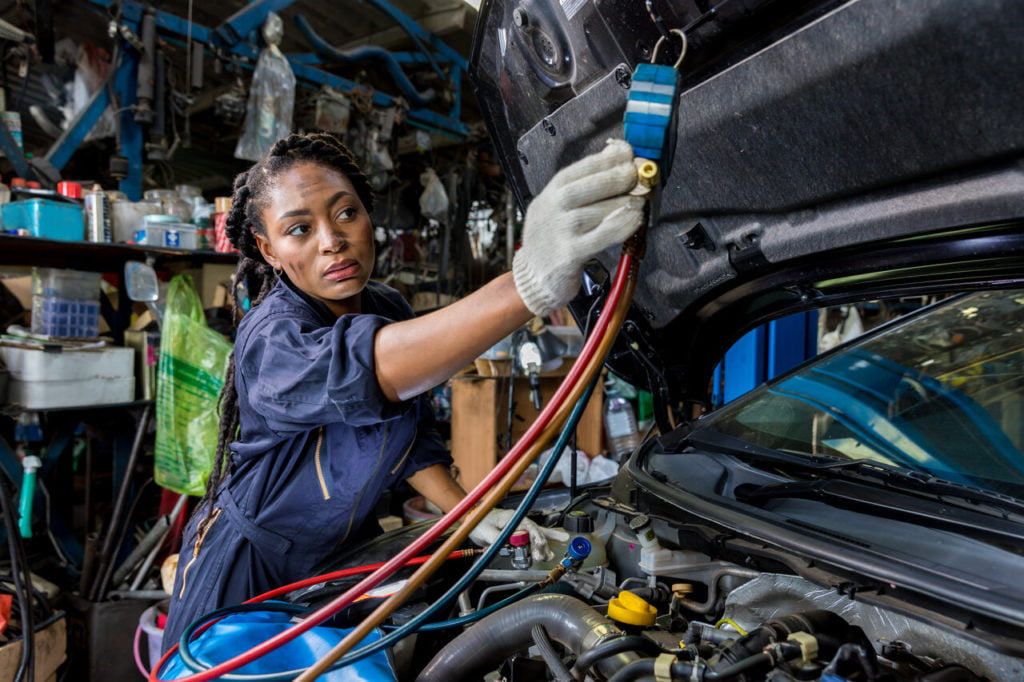The medical device manufacturing industry plays a crucial role in providing healthcare solutions across the globe, with plastic materials prominently featured in a wide array of medical devices and equipment. As environmental concerns and regulations continue to drive the demand for more sustainable manufacturing practices, the medical device manufacturing sector faces the challenge of addressing plastic waste management and minimising waste output. Pulse Plastics, an innovative UK-based independent specialist plastic solution provider, champions the transformative potential of plastic reprocessing as a critical strategy in creating more sustainable and efficient medical device manufacturing processes.
Plastic reprocessing, often misinterpreted as mere recycling, is a comprehensive process that involves taking waste plastic materials and converting them into reusable and high-quality raw materials. These reprocessed plastics can then be reintegrated into manufacturing, establishing a closed-loop system that minimises waste and promotes sustainability. The superiority of plastic reprocessing over traditional recycling lies in its ability to maintain the quality and functionality of plastic materials, ensuring that they remain suitable for the stringent demands of the medical device manufacturing industry.
This blog series will delve into the multiple facets of plastic reprocessing in the medical device manufacturing sector. We will discuss its role in creating sustainable operations, waste reduction, and efficient resource management. Additionally, we will reveal the benefits and challenges of implementing plastic reprocessing and outline strategies for successfully transitioning to a closed-loop system. Join us as we uncover how plastic reprocessing revolutionises waste management and sustainability within the medical device manufacturing industry.
Revolutionising Medical Device Manufacturing: The Role of Plastic Reprocessing in Creating Sustainable Solutions
1. The Growing Demand for Sustainable Medical Device Manufacturing Practices
Environmental concerns and regulatory pressures make adopting sustainable practices increasingly crucial for industries like medical device manufacturing. Due to the pervasive use of plastic materials in medical devices and equipment, the medical device manufacturing industry generates substantial plastic waste. This waste contributes to landfills and environmental pollution and represents a loss of valuable resources. Plastic reprocessing presents a novel solution to combat the issue of plastic waste management while boosting sustainability in the industry.
2. Harnessing the Power of Plastic Reprocessing in Medical Device Manufacturing
Plastic reprocessing transforms waste plastic materials into high-quality, reusable raw materials that can be seamlessly integrated into manufacturing. This approach creates a closed-loop system, fostering a more sustainable and efficient medical device manufacturing environment. The advantages of incorporating plastic reprocessing in the industry include:
- Reduced Environmental Impact: Plastic reprocessing helps conserve resources and diminish plastic waste production, effectively mitigating its negative environmental impact. By recovering and reusing waste plastic materials, plastic reprocessing helps conserve resources and diminish plastic waste production.
- Cost Savings: Reprocessed plastics can reduce material expenses and waste disposal costs, enabling manufacturers to optimise their financial performance.
- Regulatory Compliance: As regulations increasingly prioritise sustainability and waste reduction, adopting plastic reprocessing as a key waste management strategy positions medical device manufacturers as environmentally responsible industry participants.
3. Implementing Plastic Reprocessing and Closed Loop Systems in Medical Device Manufacturing
To successfully integrate plastic reprocessing into medical device manufacturing operations, open collaboration among manufacturers, plastic solution providers, and stakeholders is essential. The following steps can facilitate this integration:
- Evaluating Waste Generation Points: Manufacturers must identify the stages where plastic waste is generated in their production processes. This information will guide the development of tailored plastic reprocessing strategies and uncover improvement opportunities.
- Partnering with Plastic Solution Providers: Establishing partnerships with specialist plastic reprocessing companies, such as Pulse Plastics, ensures access to the expertise and resources necessary for seamlessly integrating plastic reprocessing and closed-loop systems within the manufacturing process.
- Education and Awareness: Advocating for increased education and awareness about plastic reprocessing and closed-loop systems within the medical device manufacturing community will encourage other manufacturers and stakeholders to explore and adopt these sustainable practices.
- Policy and Regulatory Cooperation: Collaborating with policymakers and regulatory authorities can help create a conducive environment for plastic reprocessing in the sector, fostering a widespread embrace of more sustainable manufacturing practices.
4. Addressing the Challenges and Fostering Progress
While plastic reprocessing offers immense benefits to the medical device manufacturing industry, it also presents particular challenges that must be acknowledged and addressed:
- Ensuring Quality and Performance: Quality and performance standards are particularly stringent in the medical device manufacturing sector, so robust quality assurance processes must be implemented to guarantee that reprocessed plastics meet these requirements.
- Investing in Infrastructure and Technology: Adopting plastic reprocessing may necessitate investments in new technologies and infrastructure upgrades to facilitate the efficient functioning of closed-loop systems.
- Overcoming Perceptions and Misconceptions: Raising awareness about the differences between traditional recycling and plastic reprocessing is crucial to dispel misconceptions and encourage widespread adoption.
The medical device manufacturing industry can champion a greener, more sustainable future by confronting these challenges and forging solid collaborations.
Conclusion
In an era where sustainability is increasingly vital, the medical device manufacturing industry must adapt to the growing demand for environmentally responsible practices and efficient waste management. Plastic reprocessing emerges as a transformative solution, enabling the industry to create closed-loop systems and reduce plastic waste.
Partnering with plastic solution providers like Pulse Plastics, medical device manufacturers can benefit from reduced waste output, cost savings, and an overall enhanced sustainability profile.
As other industries increasingly turn to sustainable practices, the medical device manufacturing industry cannot afford to be left behind. Embracing plastic reprocessing represents an essential step in advancing sustainability within the sector, ensuring a more resource-efficient and environmentally conscious future for all parties involved. Contact Pulse Plastics today.


